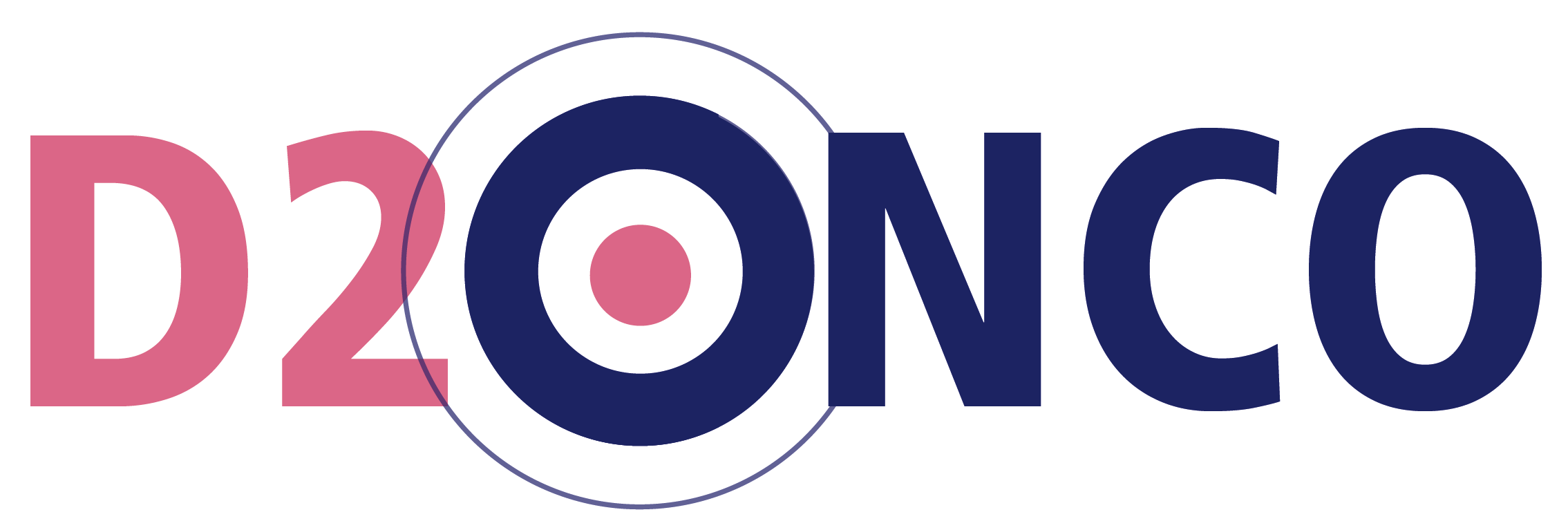
| RESPONSABLE |
| Didier Boturyn didier.boturyn@univ-grenoble-alpes.fr 04 56 52 08 32 |
CHAMPS D’EXPERTISE
peptides, glycoconjugués, acides nucléiques, vectorisation, ciblage tumoral, immunothérapie
ACTIVITES DE RECHERCHE / SERVICES
The activity of our laboratory mainly involves the synthesis of biomolecules (peptides, nucleic acids, oligosaccharides and a combination of these biomolecules), the structural and physicochemical characterization of these compounds, molecular systems and functional interfaces with “custom” properties for therapeutic applications (active vectorization, synthetic vaccines…) and diagnostics (molecular and functional imaging, sensor).
To date, we have designed several tumor targeted delivery systems encompassing for example “RGD” peptides that can be used to target cancer cells on which cell membrane integrins are up-regulated compared to healthy cells. Peptides labeled with fluorescent dyes or radiotracers were also developed for respectively the near-infrared optical guided surgery and tumor detection. In parallel, we develop mAb mimics or glycoconjugates that can be used for antitumoral immunotherapy by identifying the key residues involved in the recognition of the mAb with its epitope, by using Phage display, or templated combinatorial chemistry.
We are also involved in the synthesis of oligonucleotides (DNA and RNA) and their modified versions. In this context, we develop constrained G-quadruplex DNA (G4) that are found in the telomeric region as well as in promoter regions of oncogenes and are now considered as attractive anticancer targets. These constrained G-quadruplex systems are used for studying by SPR their interactions with synthetic compounds designed for anticancer activity.
We also develop the synthesis of aptamers DNA, which are used for diagnostic applications (aptasensor).
Our expertise essentially focuses on the synthesis of macromolecules via the development of a chemical scheme suitable for the assembly of functional units via the use of “click” chemistry. Our experience in chemical engineering facilitates the synthesis of highly sophisticated compounds. Our laboratory also involves researchers who share their expertise on the characterization of the interaction of macromolecules with their targets (protein, DNA, cells) by using analytical surface techniques such as surface plasmon resonance, bio-layer interferometry, quartz crystal microbalance with dissipation monitoring, and atomic force microscopy.
Altogether, we can design, identify and provide to biologists new synthetic compounds for diagnostic and/or cancer therapy.
COMPETENCES / MOYENS TECHNIQUES
To prepare and to characterize our bio organic compounds we have access to the ICMG (Institut de Chimie Moléculaire de Grenoble) platforms such as the PSB (Plateau de Synthèse de Biomolécules) that contains automatic synthesizers, chromatography systems and the PCI (Plateau Caractérisation des Intéractions) that comprises SPR, BLI, QCM-D and AFM equipment.
In our team, we have a strong expertise in biomolecule chemistry such as peptide, nucleic acid and carbohydrate chemistry. To prepare sophisticated macromolecules, we use specific reactions such as chemoselective ligations that allow the ligation of all kind of biomolecules in aqueous solution.
Additionally, we have a complementary expertise in surface functionalization (SPR and QCM sensors, AFM surface) and in the characterization of biomolecular recognition by using the techniques described above.
OU NOUS TROUVER ?
UMR 5250 Département de Chimie Moléculaire (DCM)
Bâtiment Nanobio, 570 rue de la chimie, CS40700
38058 Grenoble cedex 9
https://dcm.univ-grenoble-alpes.fr/recherche-scientifique/equipe-i2bm
